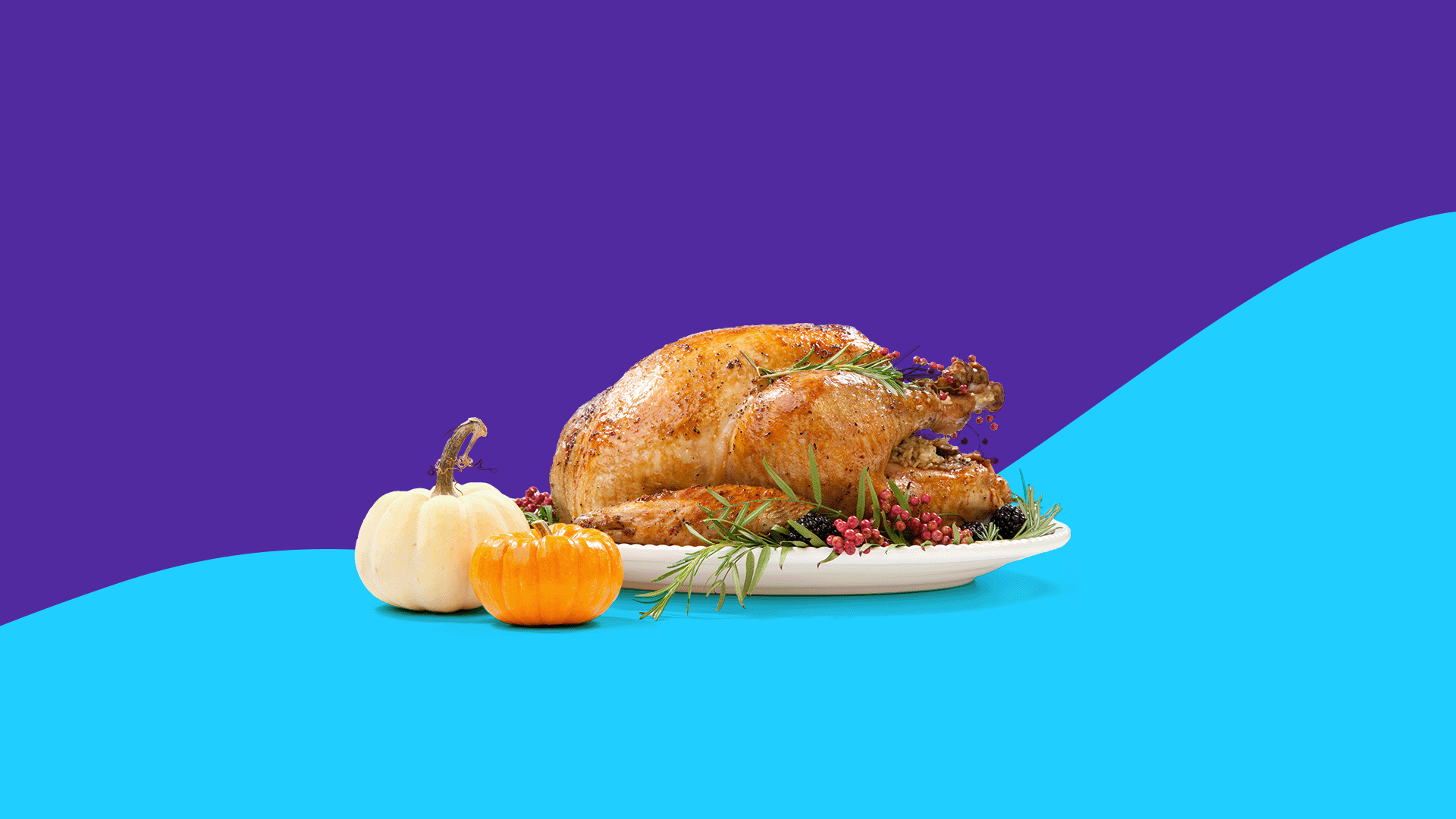Key takeaways
Holiday heartburn is common during the festive season due to overindulgence in fatty foods, large meals, and the habit of lying down after eating, which can slow down digestion and promote acid reflux.
Preventing holiday heartburn involves practicing moderation, avoiding known trigger foods, reducing intake of coffee, alcohol, and soft drinks, and staying upright for at least an hour after meals.
Over-the-counter medications like antacids and acid blockers can offer quick relief for occasional heartburn, while prescription medications are available for those with frequent or severe symptoms indicative of GERD.
Lifestyle changes such as eating smaller, frequent meals, avoiding trigger foods, and engaging in light physical activity post-meal can significantly reduce the risk and discomfort of heartburn during the holiday season.
It’s that time of year again—food, food, and more food. The holidays are creeping up. For many of us, the extra indulgence of decadent sweets and rich, fatty (and delicious!) meals with friends and family comes with a hefty side of heartburn and indigestion.
Add the stress and anxiety that can develop at this time of year, and it’s not surprising that 1 in 3 Americans report experiencing the slow burning sensation that works its way into your chest at least once a week. It turns out the holidays are not only the time to celebrate—it can be a time when some of us experience heartburn and acid reflux.
What is heartburn?
If you’ve ever felt a burning pain or discomfort moving up your chest toward your neck and throat, chances are you’ve experienced heartburn. Heartburn occurs when an excessive amount of acid migrates up from your stomach and into your esophagus.
Even though it may feel like you’re having a heart attack (and despite the name), heartburn has nothing to do with your heart. Put simply, it’s the sensation of acid irritating your esophagus and throat.
Why do I get heartburn during the holidays?
It’s more common to experience heartburn after consuming a large meal, especially one high in fats—and for most people, that’s exactly what holiday meals are like. Whether you’re celebrating with a lot of family, or a small group this year, fatty foods (such as green bean casserole or gravy) and overeating can slow down digestion, which also contributes to acid reflux.
And that post-Thanksgiving meal nap you love to take? Well, that’s also not helping. After having a large, indulgent meal, lying down will increase your likelihood of having heartburn. When you’re upright, gravity can help keep stomach acid down—but taking a cat nap on the couch while watching football won’t stop the acid from making its way into your esophagus.
How to avoid holiday heartburn
The best way to stop holiday heartburn is to prevent it from happening at all. Here are some tips to help you avoid the worst of it:
- Practice stopping eating when you are full in the weeks leading up to the holidays.
- Avoid triggering foods that are often spicy, high-fat, and greasy. That includes cranberry sauce and turkey skin.
- Reduce the amount of coffee and alcohol you’re drinking, and avoid soft drinks when possible.
- Go for a walk after meals.
- Avoid lying down for at least an hour after meals.
- Carry antacids with you and take some before eating.
- Eat foods that help ease acid reflux, such as vegetables, non-citrus fruits, lean meats, egg whites, ginger, and oatmeal.
How can I get rid of holiday heartburn?
Despite your best efforts to avoid it, the holidays are a prime time for many of us to experience heartburn. Because who doesn’t love celebrating with some delicious food?! Fortunately, there are many effective treatment options available if you find yourself suffering after the big meal.
Over-the-counter medications
Popular OTC medications for heartburn relief include antacids, like Tums or Rolaids, that work to neutralize stomach acid and acid indigestion. These medications work fast, but usually don’t last all that long. Some people prefer acid blockers, which reduce the actual amount of stomach acid produced, such as Axid AR, Pepcid AC, or Tagamet HB. These medications take a little longer to kick in, but they have the added benefit of lasting several hours.
It’s always a good idea to take any heartburn medications or begin treatment remedies before sitting down to have a big holiday meal or indulge at the buffet.
RELATED: Prevacid vs Prilosec: Main Differences and Similarities
Prescription medications
If your heartburn is more regular or severe however, and OTC options aren’t cutting it, your symptoms may be a sign of a medical condition called gastroesophageal reflux disease (GERD). In this case, you may require a doctor’s visit and prescription medication. These are usually stronger versions of the OTC brand options, such as Prilosec, Prevacid and Nexium.
GERD affects 20% of Americans. It’s no coincidence that the week before Thanksgiving is GERD Awareness Week. If you have frequent symptoms of GERD, schedule an appointment with your healthcare provider or a gastroenterologist now, so you can enjoy your holiday parties heartburn-free.
Lifestyle changes
If you’d rather avoid pills altogether, many people say that if you eat small, frequent meals, and stop eating at the first signs of feeling full, it will help reduce indigestion and heartburn. That’s easier said than done during the holiday season of course, but if you get into the habit well before the turkey and stuffing are served, you’ll find it easier not to overeat.
It’s also a good idea to get to know what foods trigger your heartburn and avoid them when possible. Foods that are known to trigger heartburn include coffee, alcohol, soft drinks, spicy foods, tomatoes, chocolate, peppermint, onions, and any high-fat foods.
It can also help to avoid laying down for a while after eating your meal, and instead choosing to go for a walk. This aids digestion and helps gravity to work in your favor.
Now go enjoy the holiday season—without gastrointestinal distress.



